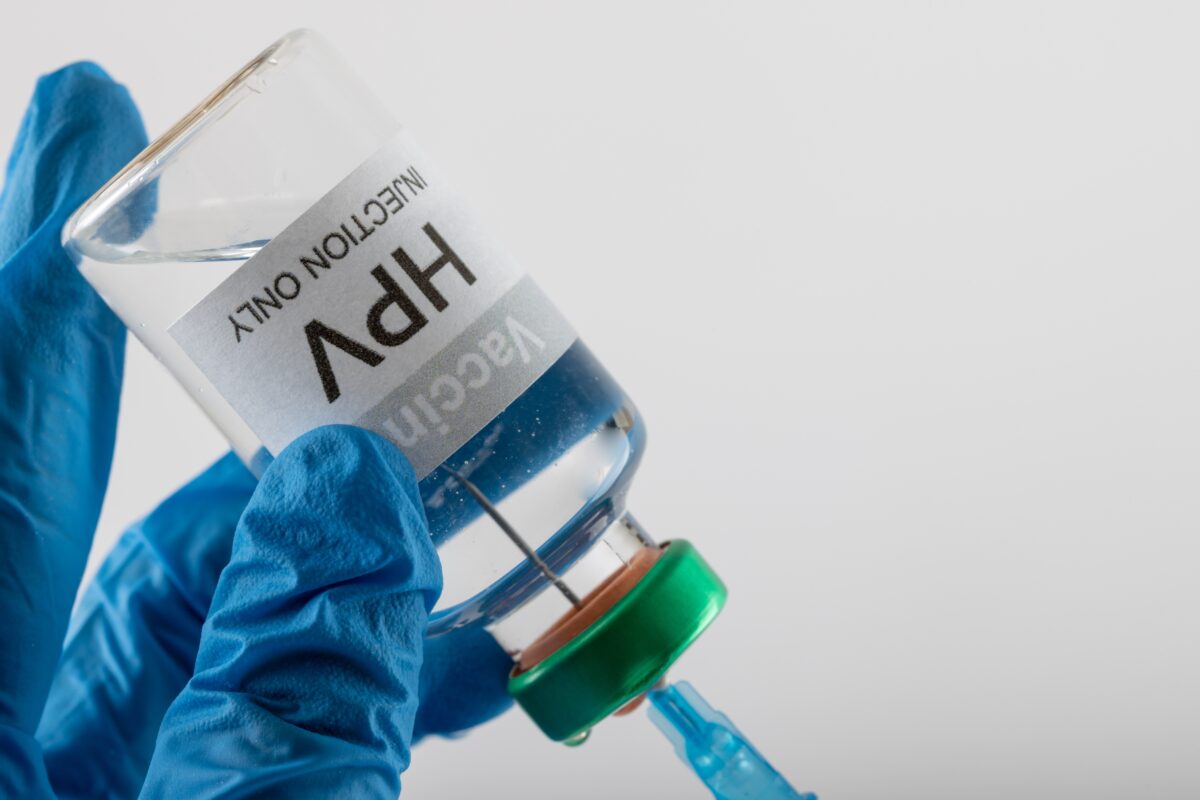NuVasive, a medical device company focused on developing devices and procedures for minimally invasive spine surgery, has recommenced shipping of the newest version of its MAGEC line of spinal curve-correcting magnetic rod systems.
The previous version of the MAGEC spinal implant was flagged by the US Food and Drug Administration (FDA) for potential mechanical risks. NuVasive is continuing to work with the health agency to address the safety concerns associated with the device.
On July 15, the FDA issued a notice to the company citing concerns over the spinal implant, with one of the main issues being separation of the endcaps of the rods from the rest of the device, which could expose patients to internal components of the rod that have not undergone full testing for biocompatibility.
NuVasive is presently evaluating the biocompatibility of these parts to make sure they won’t cause any adverse local reactions if they come in contact with living tissue. The FDA is evaluating the results of the company’s ongoing tests.
Related: Portable Neuromodulation Stimulator Gets FDA Authorization for MS Treatment
Issues with NuVasive’s spinal implant are not new. The troubles began early last year when the company recalled the MAGEC systems because of reports of endcap separations. NuVasive issued the recall notice in February 2020, in which it cited that the issue occurred in about 0.5 percent of the implanted devices, with the cause being investigated.
After its probes, the FDA ended up giving the recall a mid-level Class II label, which suggests the possibility of temporary or fully treatable reactions to the device, and only a remote risk of severe reactions.
A few months later, in July 2020, the agency green-lighted an updated version of the MAGEC Model X rod spinal implant, which was designed to reduce the risk of the endcap separation issue.
The woes began again in the beginning of 2021 when the FDA began to receive complaints of local tissue reactions that could possibly be related to the endcap separation issue. Following the concerns, NuVasive put a hold on global shipments of all versions of the spinal rod device in April. The company also advised against removing current implants before the recommended date to do so. The MAGEC implant system is approved to be implanted for two years in the US and for up to six years in the EU.
NuVasive ended up lifting the ship hold this month in the US. The company said the decision had been made in conjunction with the FDA based on preliminary results from their biocompatibility testing. It also announced that it would discontinue all versions of MAGEC except for the latest updated edition (Model X).
In its latest communication about the most recently cleared MAGEC Model Rod X this month, the FDA said, “As NuVasive continues to investigate the root cause of these issues, the FDA is working with the manufacturer to evaluate new biocompatibility testing results and assess whether there is any clinically meaningful impact to patients with MAGEC devices.”
The FDA also said in the notice that it “believes the benefits of a MAGEC device outweigh the risks for US patients based on the current FDA-cleared indications for use and labeling.”
NuVasive’s spinal implants are indicated for patients under the age of ten who have developed, or are at risk of, developing thoracic insufficiency syndrome, which is a condition that often arises due to scoliosis in which the chest wall fails to support normal breathing or lung development.
As testing of the device continues, the FDA has advised providers and caregivers to monitor any unexpected back pain, inflammation or deformities in patients who have received MAGEC and immediately report any adverse events to the agency.
Unfortunately for NuVasive this isn’t its only device that it has to worry about. On July 8, the FDA issued a safety notice to healthcare providers over biocompatibility concerns associated with the company’s stainless steel and titanium-based Specialized Orthopedics Precice devices.
In the letter, the FDA provided recommendations for monitoring patients with the devices as NuVasive performs biocompatibility testing on the materials used in the Precice devices in line with updated testing standards. While the stainless-steel versions have been completely removed from the market owing to health risks caused by wear and tear of the products, the titanium versions are currently on a ship hold as the company figures out whether the corrosion issues also affect the titanium devices.












Join or login to leave a comment
JOIN LOGIN